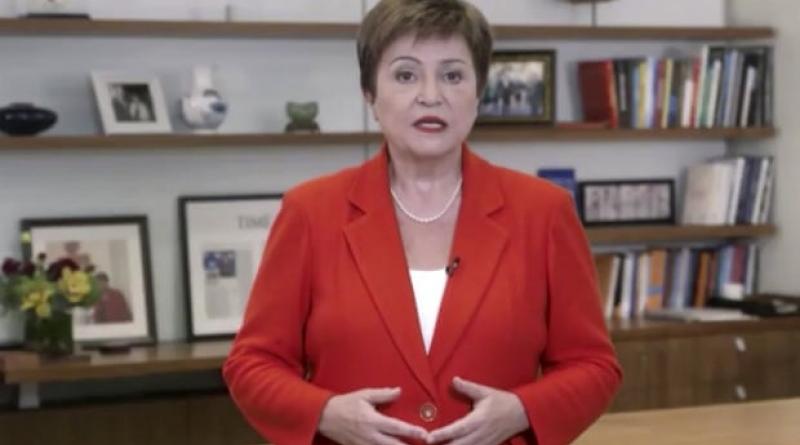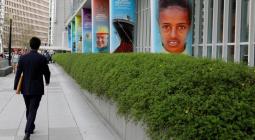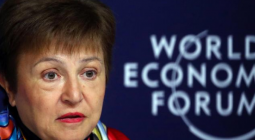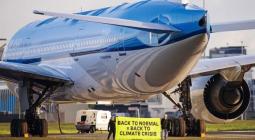World Bank and IMF must spearhead a green and inclusive recovery.

A group of European ministers and the EC’s commissioner for international partnerships call for measures to foster long-term resilience in the global economy and environment.
The world is facing an unprecedented crisis. In just a few months, the Covid-19 pandemic has swept across the world, bringing human tragedy and causing an economic shock of historic proportions. While it poses a tremendous challenge to our economies and societies, the Covid crisis also gives us an opportunity to work towards a future that is more fair, equal and green.
This week, the World Bank Group and the International Monetary Fund are holding their annual meetings. We will discuss our efforts to fight poverty and hunger, support socioeconomic recovery and respond to the emerging debt crisis. “Business as usual” is not an option. It is imperative that the World Bank’s development financing of $160bn for the coming year is directed towards a sustainable and inclusive future. This is the time to strengthen our economies in line with the sustainable development goals and the Paris climate agreement.
We – ministers of the Netherlands, Denmark, France, Spain, Germany and Sweden, and the European commissioner for international partnerships – ask the World Bank and the IMF to deliver on:
• Clear results on green and inclusive recovery. We need to ensure that the Covid response not only addresses short-term needs, but also fosters long-term resilience. We need to urgently phase out investments in coal, oil and gas, while redirecting funds to green jobs and access to renewable energy. We need to remove fossil fuel subsidies, while strengthening social safety nets. Climate and social criteria must be integrated in our economic stimulus packages.
• A coherent approach to debt restructuring. We need to make sure we do not lose sight of green and inclusive reforms because of limited fiscal space and a looming debt crisis. Debt relief required to restore debt sustainability will allow for such fiscal space, necessary for future greener and more inclusive budgetary decisions. Debt sustainability, good governance and transparency are essential.
• Addressing structural inequalities to strengthen local resilience. We need to empower women, youth and vulnerable groups to boost accountability. Our focus must be on inclusive digitalisation, inclusive employment and equal opportunities. Universal access to health and education must remain a priority.
Clear choices will be need to be made in the coming months to deliver impact at scale while resources are running scarce. We expect the World Bank and IMF to choose “green and inclusive” as the way to go and to provide long-term assurance to investors that the transition to an inclusive and climate-smart economy will be sustained. The World Bank and IMF are global actors in policy development terms. They can lead the way towards more just and sustainable societies, as they have in the past. The pandemic requires this kind of leadership more than ever.
Sigrid Kaag Minister for foreign trade and development cooperation, the Netherlands, Rasmus Prehn Minister for development cooperation, Denmark, Bruno le Maire Minister of the economy, finance and the recovery, France, Arancha Gonzalez Laya Minister of foreign affairs, European Union and cooperation, Spain, Gerd Müller Federal minister for economic cooperation and development, Germany, Peter Eriksson Minister for international development cooperation, Sweden, Jutta Urpilainen Commissioner for international partnerships, European commission
14 October 2020
The Guardian




